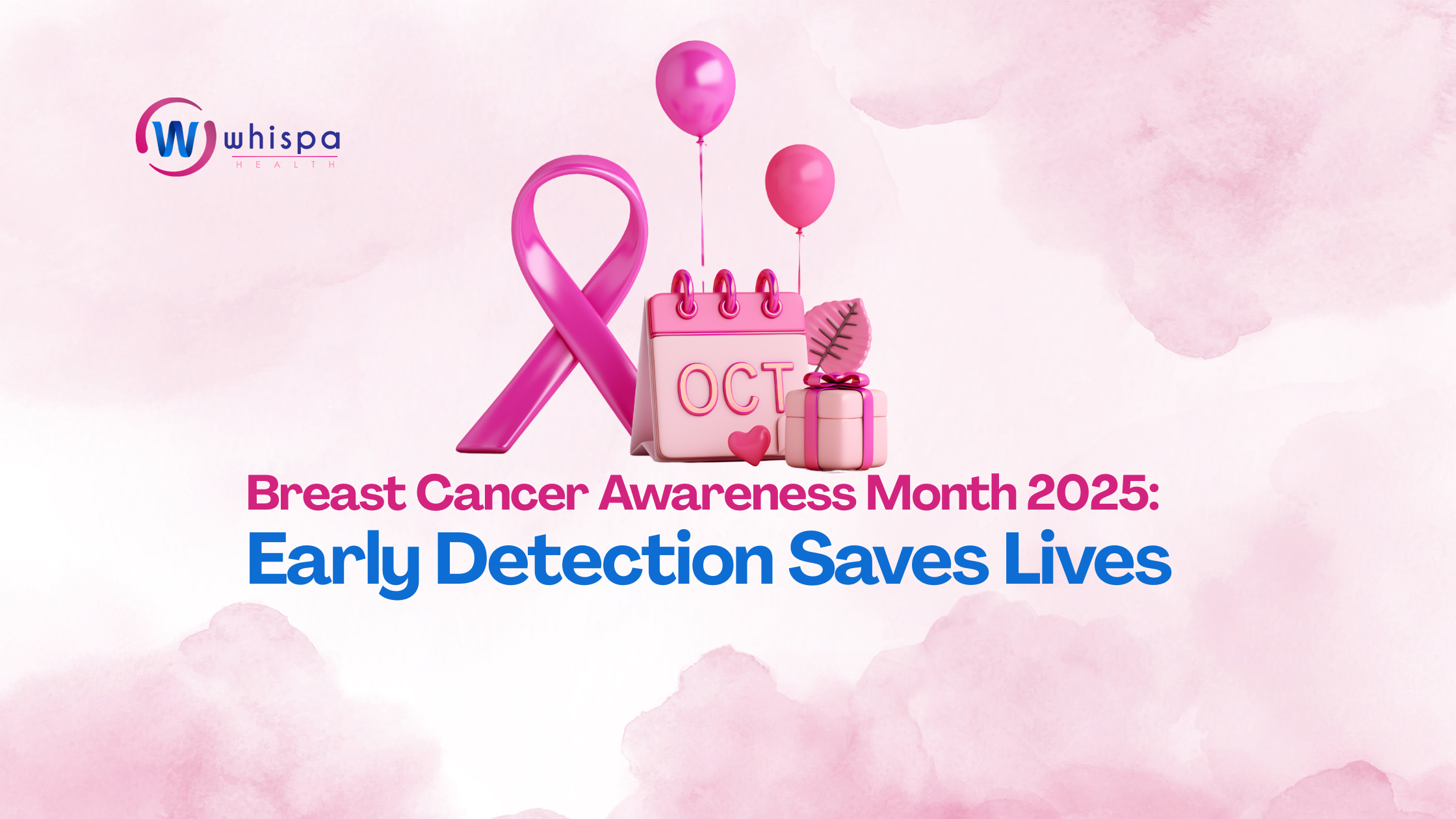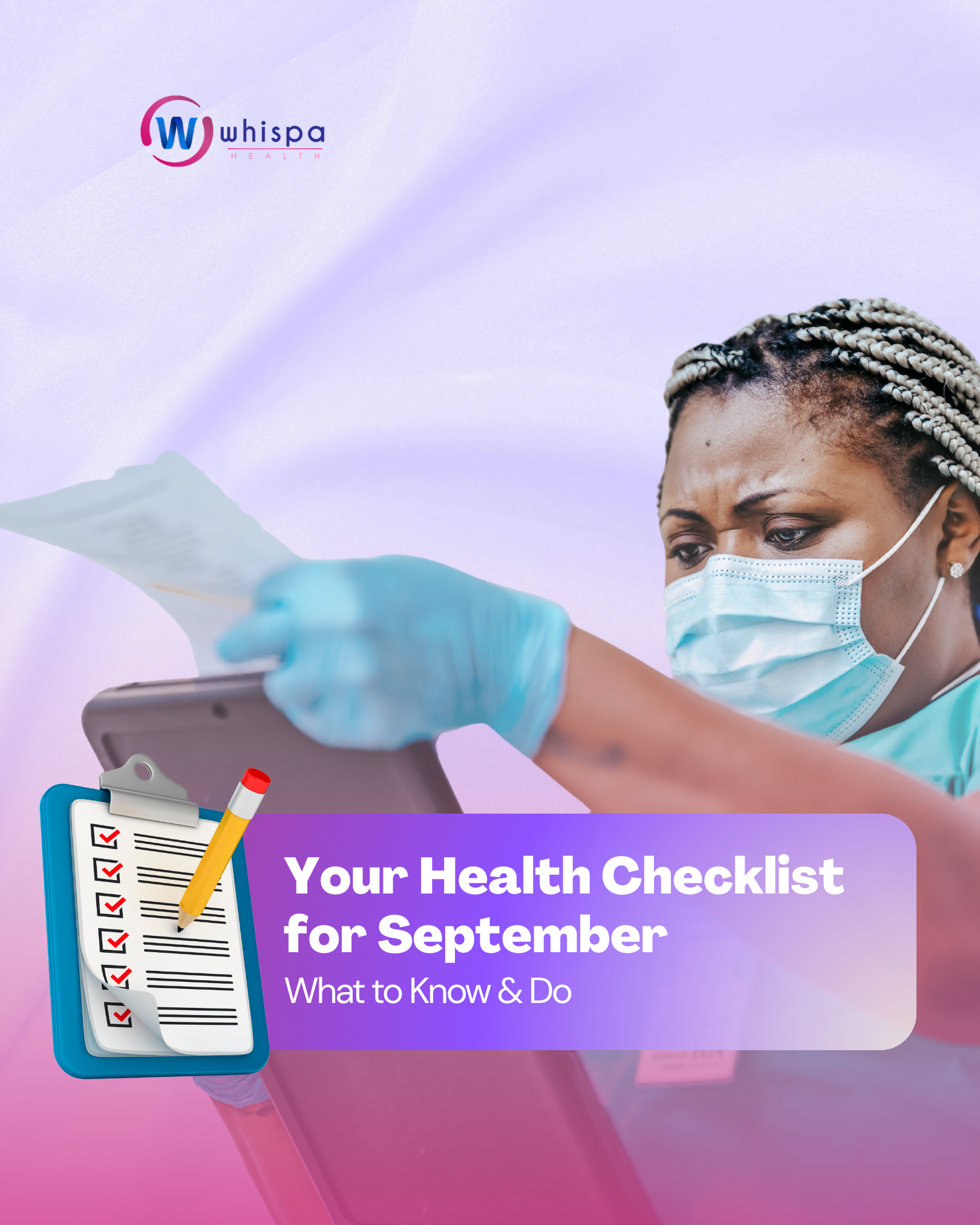Talking about sexual health with a doctor can be uncomfortable, but it’s an important part of maintaining overall well-being. Whether it’s discussing contraception, STIs, or other sexual health concerns, open communication with your healthcare provider is crucial. This guide is here to help you navigate those conversations, empowering you to take control of your sexual health.
1. Prepare for Your Appointment
Know What You Want to Discuss:
- Before your appointment, make a list of topics or questions you want to address. This could include concerns about contraception, sexual function, STIs, or any other sexual health issues you’re experiencing.
Do Some Research:
- Familiarize yourself with basic information about the topics you want to discuss. This can help you feel more confident and ensure that you understand your doctor’s advice.
Bring a list of symptoms or concerns:
- If you’re experiencing specific symptoms, make a note of them. Include details like when they started, how often they occur, and anything that seems to trigger them. This information will help your doctor make an accurate diagnosis.
2. Start the Conversation
Be Direct and Honest:
- It’s important to be straightforward when talking about sexual health. Remember, your doctor is there to help, not to judge. Use clear language and don’t be afraid to mention specific terms or concerns.
Express Your Comfort Level:
- If you’re feeling nervous or uncomfortable, let your doctor know. They can take steps to make the conversation easier for you, such as slowing down, using simpler language, or giving you time to ask questions.
Use “I” Statements:
- When discussing your concerns, use statements like “I’m worried about…” or “I’ve been experiencing…” This helps keep the conversation focused on your personal health needs.
3. Ask the Right Questions
Ask About Options:
- If you’re discussing treatment or preventive care, ask your doctor about the different options available. For example, “What are the different types of contraceptives I can consider?” or “What should I know about STI testing?”
Clarify Anything You Don’t Understand:
- If your doctor uses medical jargon or if something isn’t clear, don’t hesitate to ask for clarification. Questions like “Can you explain that in simpler terms?” or “What does that mean for my health?” are perfectly okay.
Discuss Risks and Benefits:
- When considering a new treatment or lifestyle change, ask about the potential risks and benefits. Understanding both sides can help you make an informed decision that’s right for you.
4. Addressing Sensitive Topics
Acknowledge the Sensitivity:
- If you need to discuss something particularly sensitive, like sexual orientation, sexual activity, or past trauma, acknowledge that it’s a difficult topic. Saying something like, “This is hard for me to talk about, but…” can help ease into the conversation.
Choose Your Words Carefully:
- Use language that feels comfortable to you. If you’re unsure how to phrase something, it’s okay to ask your doctor how best to talk about it.
Consider Bringing a Support Person:
- If you’re really anxious, consider bringing someone you trust to the appointment. They can provide emotional support and help you remember what was discussed.
5. Follow Up After Your Appointment
Review the information:
- After your appointment, take some time to review what was discussed. If you have any lingering questions or if something isn’t clear, don’t hesitate to contact your doctor for further clarification.
Follow Through with Recommendations:
- Whether it’s scheduling follow-up tests, starting a new treatment, or making lifestyle changes, be sure to follow through with your doctor’s recommendations. This is key to managing your sexual health effectively.
Don’t be afraid to schedule another appointment.
- If you feel like you need more time or want to discuss something further, it’s okay to schedule another appointment. Your health is important, and it’s worth taking the time to address all of your concerns.
Talking to your doctor about sexual health doesn’t have to be daunting. By preparing ahead of time, being honest and direct, and asking the right questions, you can have productive and empowering conversations with your healthcare provider. Remember, your doctor is there to help you, and open communication is the first step towards taking control of your sexual health.
For more tips on managing your health and navigating medical conversations, visit our Whispa Health Blog or schedule a consultation with one of our experts today.




